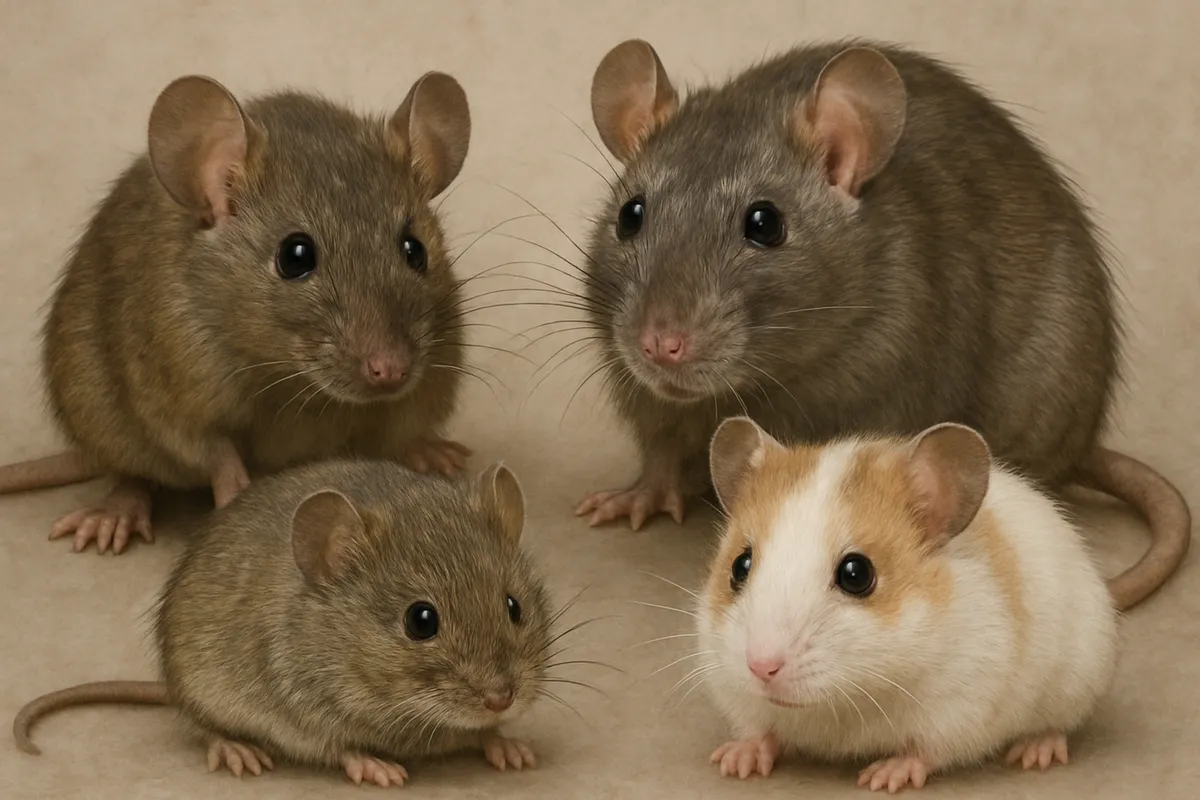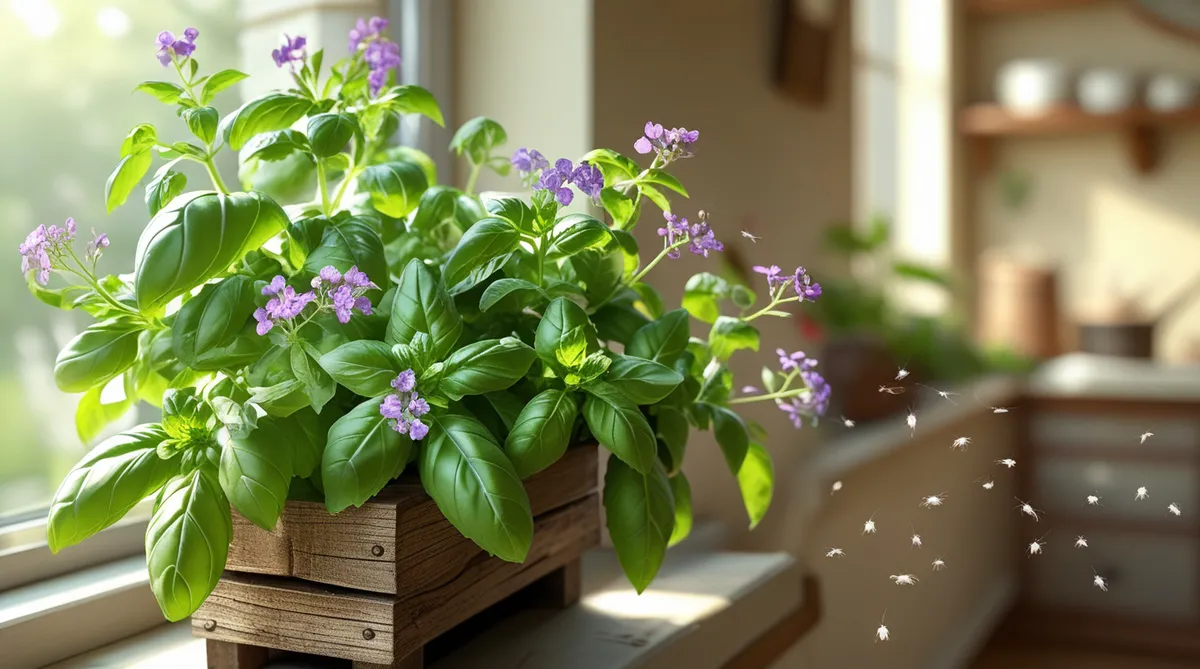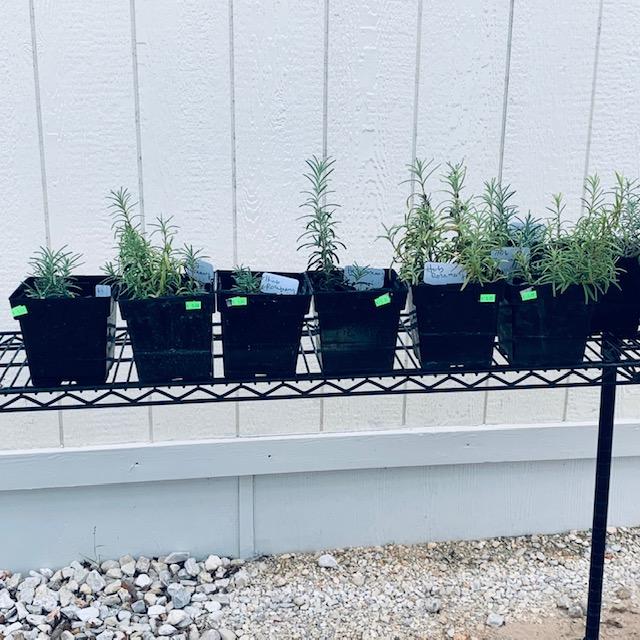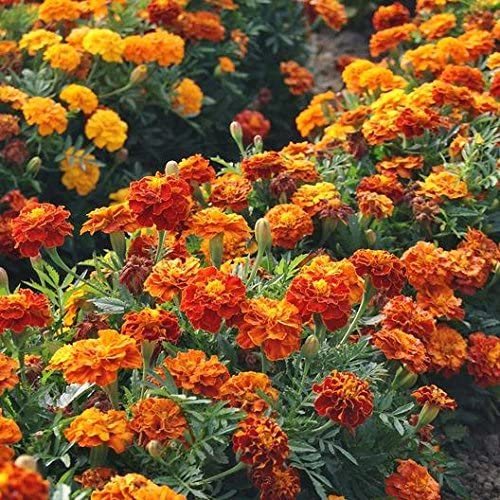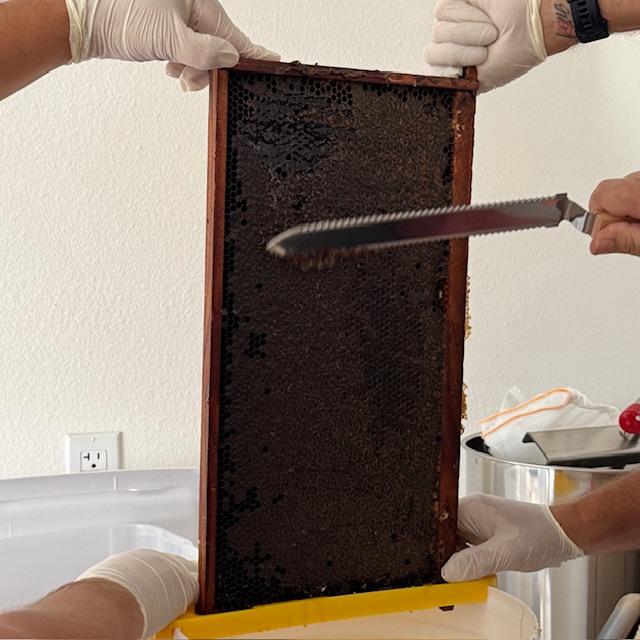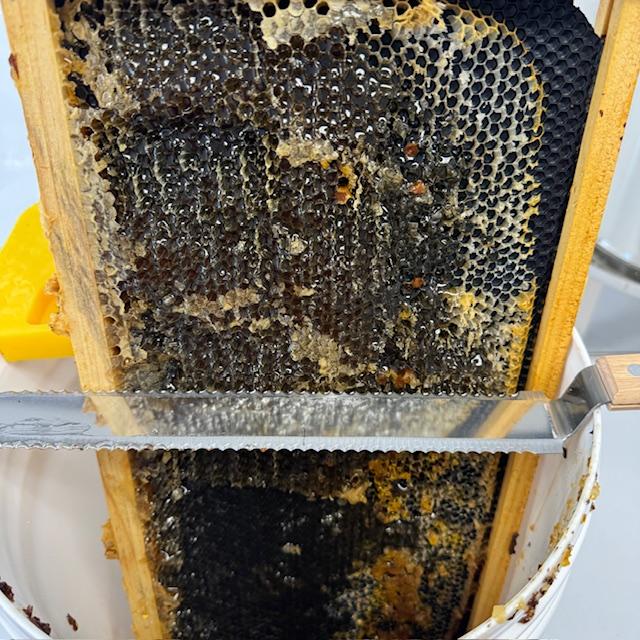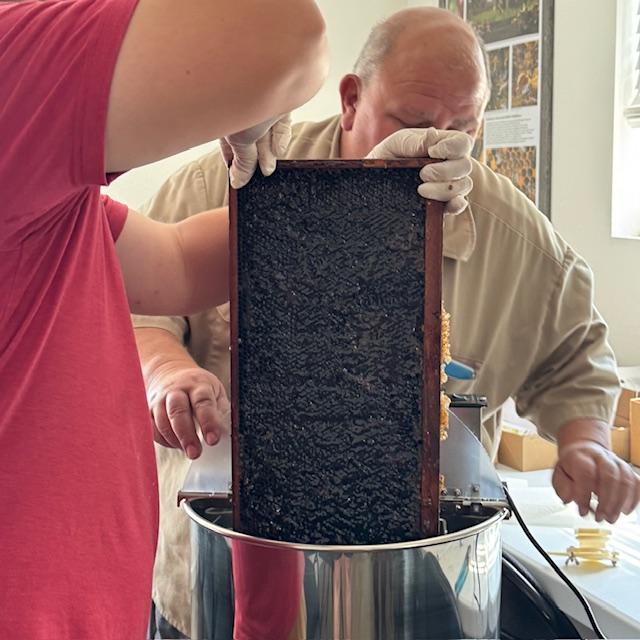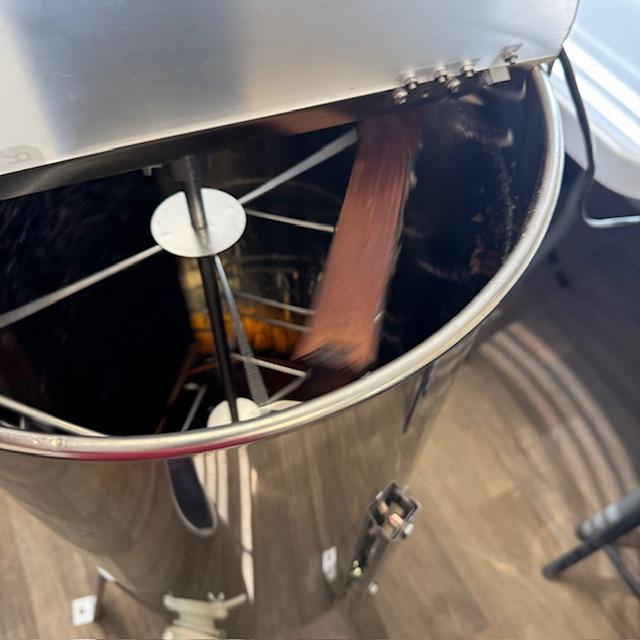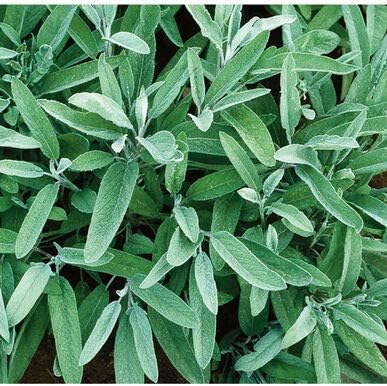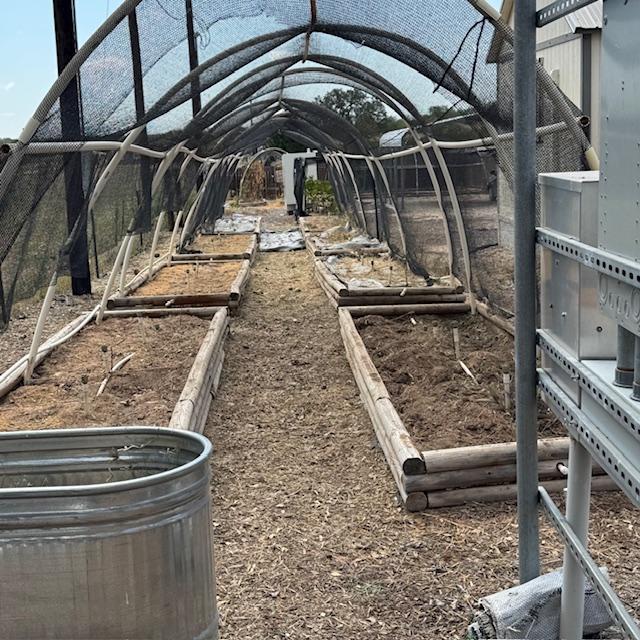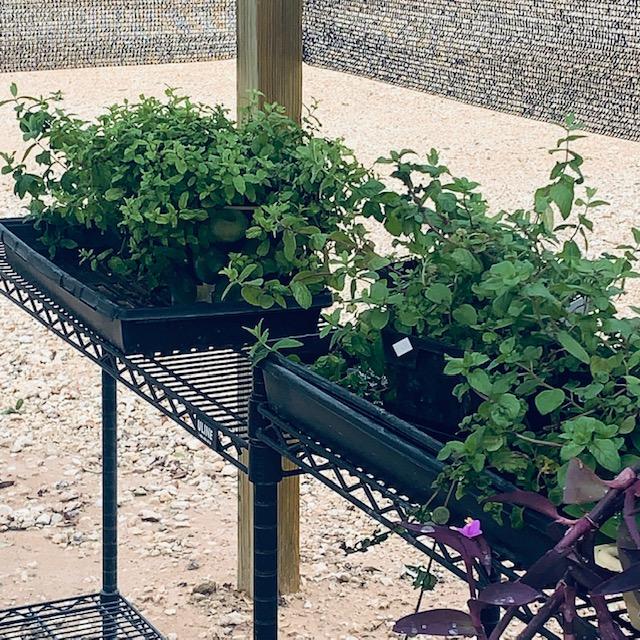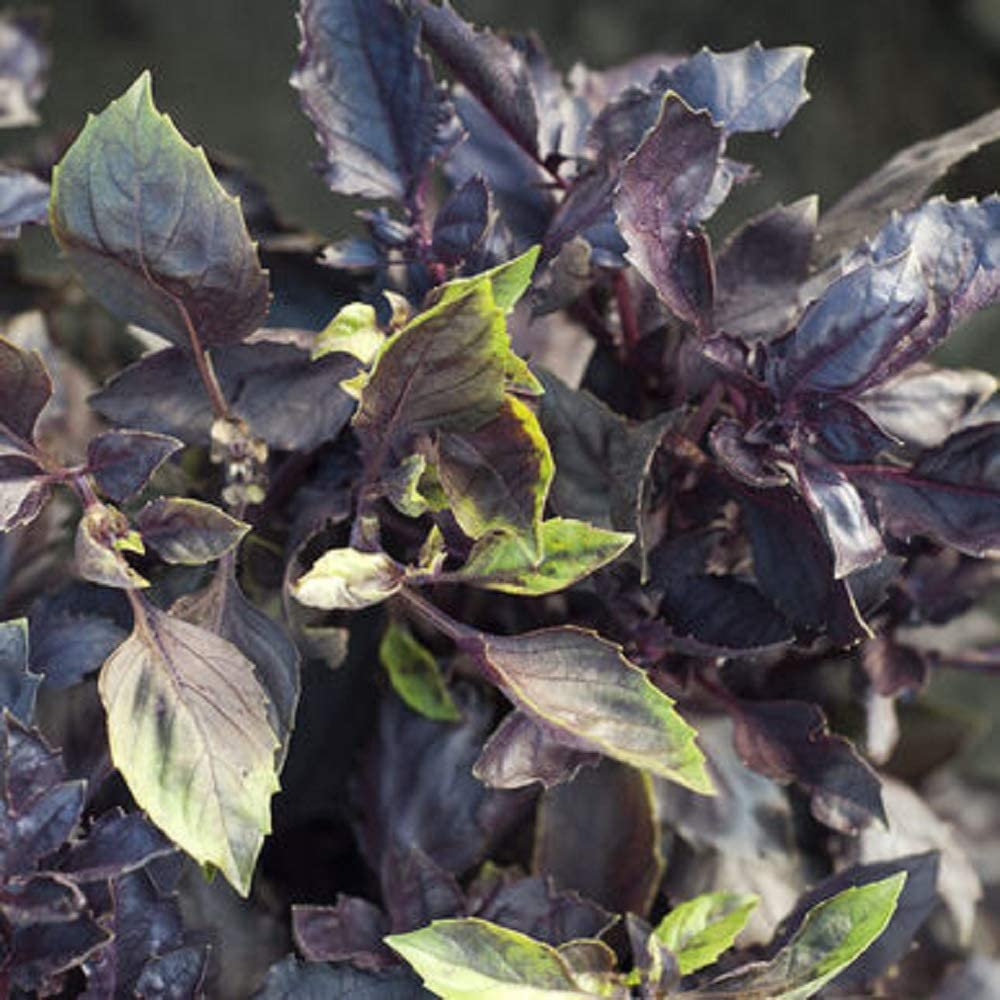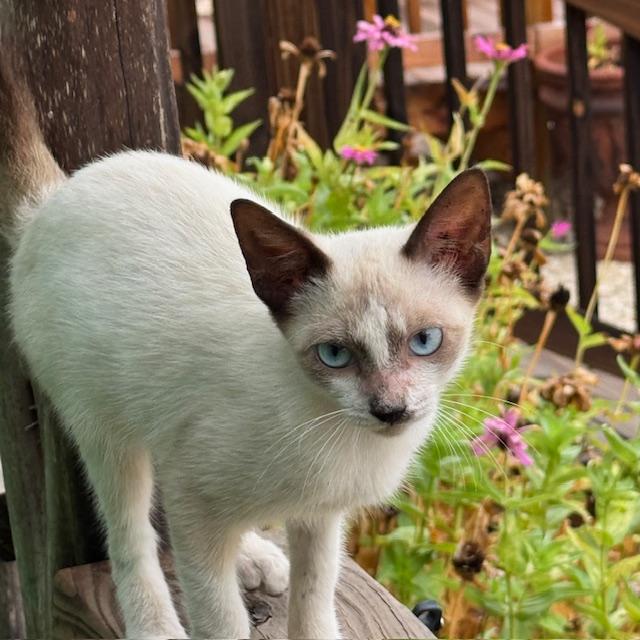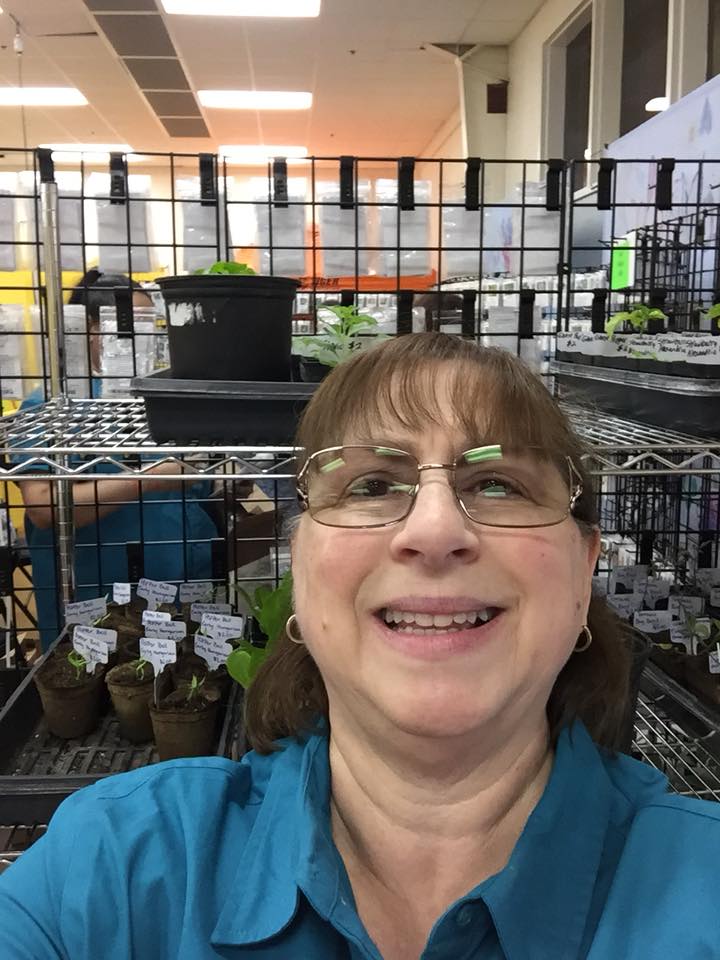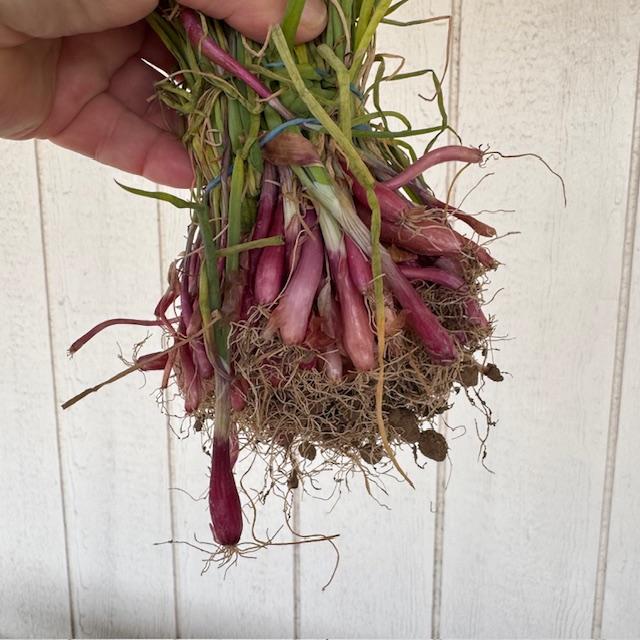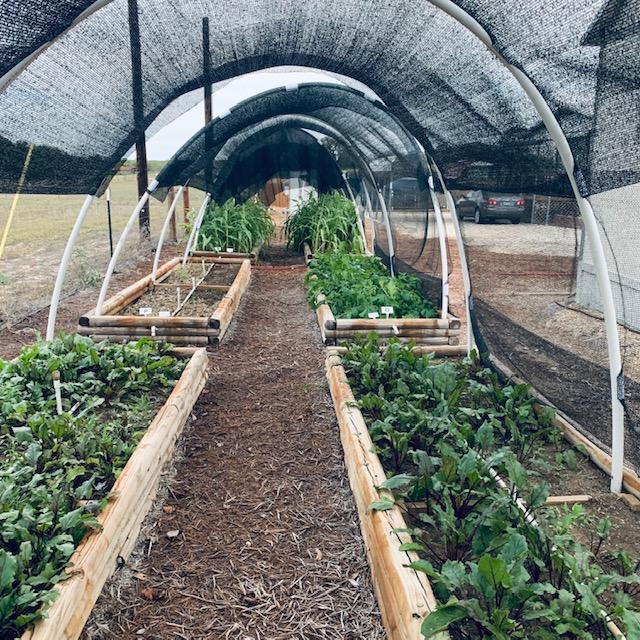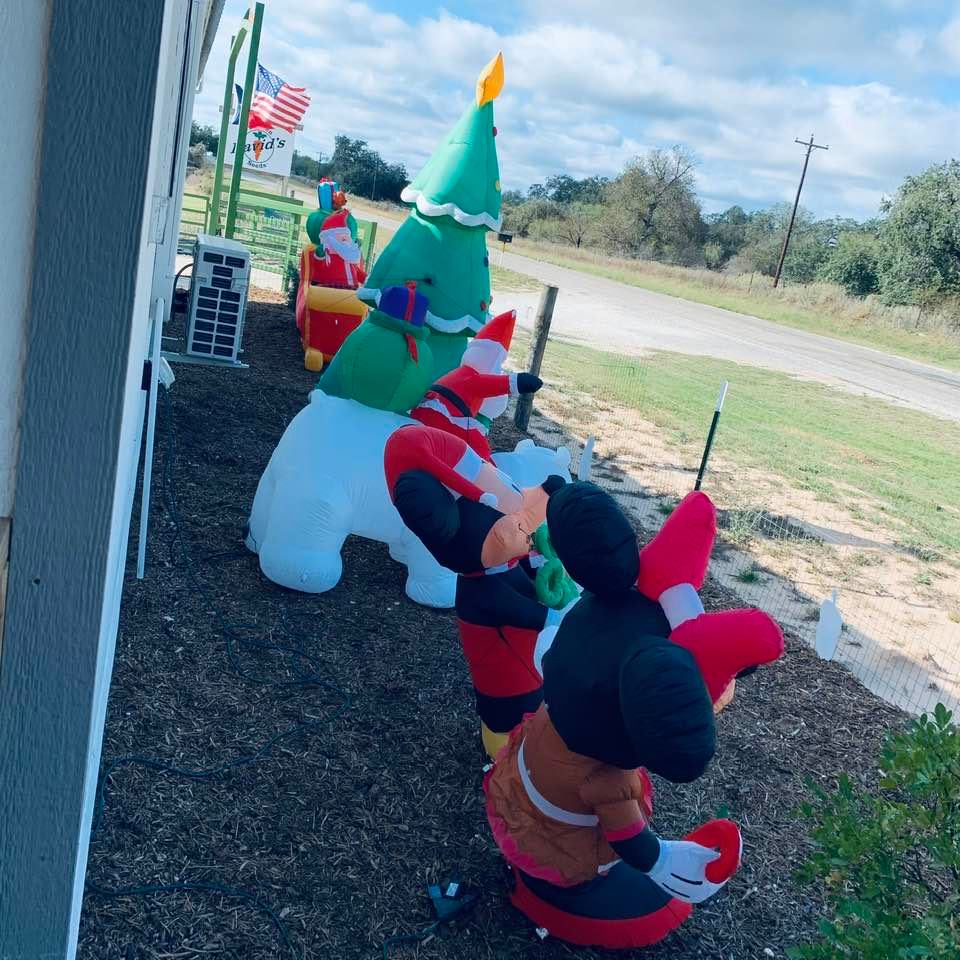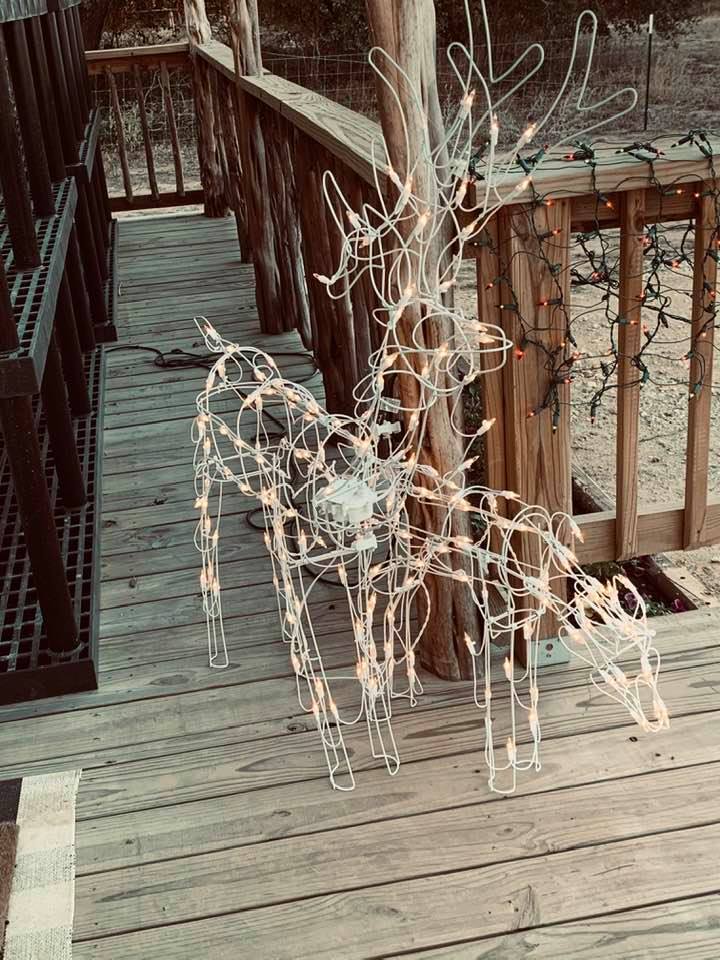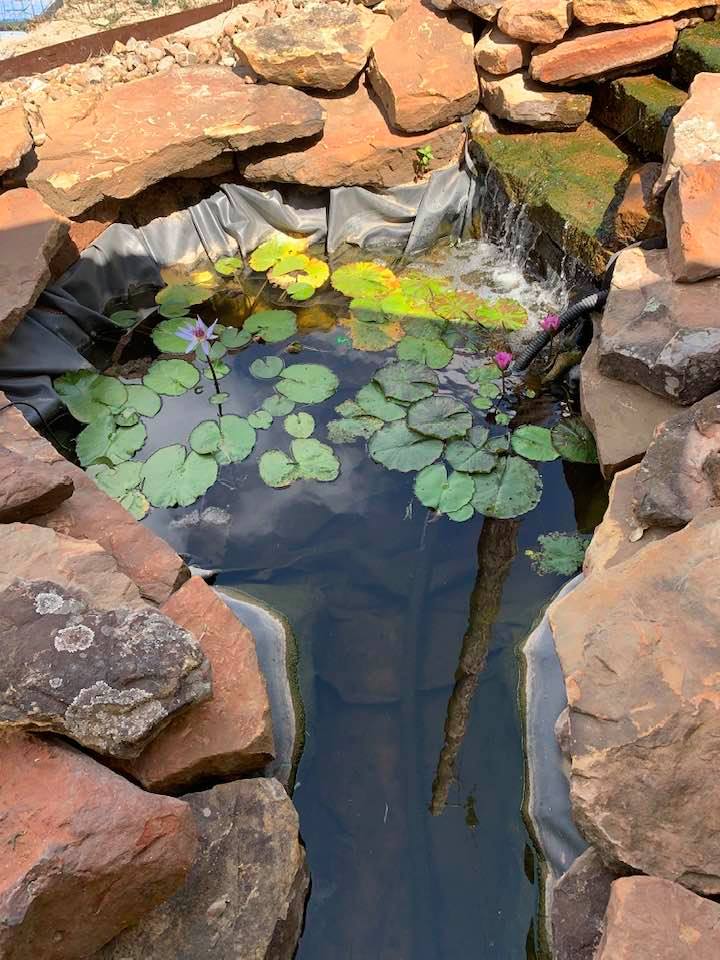Repel Rodents Naturally
This week we will learn how to repel rodents naturally whether you live in the city, the suburbs, or in the country.
Rodents are everywhere. I personally hate them. They make me feel violated. We have dealt with them in a number of homes including this one because the factory did not seal all holes, especially those in the kitchen and laundry areas. Always check a new home for possible open areas where nasty critters can get in and seal those holes up quickly.
Repel Rodents Naturally - 8/11-8/17/2025
You've probably heard the telltale scratching in your walls at night or discovered tiny droppings in your pantry, kitchen drawers, or even your kitchen countertops. If so, you're not alone – millions of Americans deal with unwanted rodent visitors in their homes, schools, and businesses every year. The good news is that you don't need to resort to dangerous poisons or harsh chemicals to send these uninvited guests packing.
When most people think of rodents, they picture mice and rats, but the rodent family is actually much larger than you might expect. Rodents are mammals characterized by their continuously growing front teeth, which they must constantly gnaw on things to keep filed down. This group includes not just house mice and Norway rats, but also squirrels, chipmunks, hamsters, guinea pigs, gophers, and even beavers and porcupines.
The rodents you're most likely to encounter in your home are house mice, deer mice, Norway rats, and roof rats. House mice are small, typically gray or brown, and can squeeze through openings as small as a dime. Norway rats are larger, with blunt noses and thick bodies, while roof rats are sleeker climbers that prefer higher spaces like attics.
Understanding why rodents are problematic helps you appreciate the importance of keeping them away naturally. These creatures aren't just nuisances – they pose serious health risks to you and your family. Rodents can carry over 35 diseases that can be transmitted to humans, including salmonella, hantavirus, and plague.
Beyond health concerns, rodents cause significant property damage. Their constant gnawing can destroy insulation, wooden structures, and even electrical wiring, potentially creating fire hazards. They contaminate food supplies and leave behind droppings and urine that create unsanitary conditions throughout your living spaces.
The economic impact of rodent infestations is staggering. In the United States alone, rodents cause billions of dollars in damage annually. They contaminate approximately 20% of the world's food supply, making effective rodent pest control essential for both homeowners and businesses.
Seeds To Repel Rodents Naturally
Before we go any further, David's Garden Seeds® sells seeds for some of the plants you need to repel rodents naturally. Here is our list of plants:
- Basil
- Catnip
- Chamomile
- Lavender
- Marigolds
- Mint
- Onions
- Oregano
- Rosemary
- Sage--both regular and white sage
You can find seeds for all of these plants at David's Garden Seeds®.
Many people wonder if getting cats will solve their rodent problems. While cats can be effective deterrents, they're not a complete solution. Some cats are excellent mousers, but others show little interest in hunting. Additionally, outdoor cats face risks from traffic, predators, and disease, while indoor cats may not encounter rodents at all.
Before you can effectively repel rodents naturally, you need to identify what you're dealing with. Different rodent species have different behaviors, preferences, and vulnerabilities. House mice, for instance, are curious creatures that investigate new objects, while rats are naturally suspicious and avoid unfamiliar items.
Look for signs of rodent activity throughout your property. Fresh droppings are usually dark and moist, while older ones become gray and crumbly. You might also notice gnaw marks on food packaging, furniture, or structural elements. Grease marks along walls indicate regular travel routes, and you may hear scratching or scurrying sounds, especially at night.
Pay attention to unusual pet behavior, as dogs and cats often detect rodents before humans do. If your pets are suddenly fixated on certain areas, pawing at walls, or acting alert in specific locations, they might be sensing rodent activity. This early detection can help you address problems before they become full-blown infestations.
Check for nesting materials like shredded paper, fabric, or insulation in quiet, undisturbed areas. Rodents prefer warm, dark spaces for their nests, such as inside wall voids, under appliances, or in storage areas. Finding these nests early allows you to implement natural deterrent strategies more effectively.
Document where you find evidence of rodent activity. This information helps you understand traffic patterns and identify the most effective locations for natural repellent methods. Keep a simple log noting dates, locations, and types of evidence you discover.
One of the most effective ways to repel rodents naturally involves using scents they find offensive. Rodents have incredibly sensitive noses, and certain odors can make your property uninviting without harming the animals or your family. Essential oils are particularly powerful natural deterrents.
Peppermint oil is perhaps the most well-known natural rodent repellent. The strong menthol scent overwhelms rodents' sensitive olfactory systems, making areas treated with peppermint oil unpleasant for them to inhabit. Soak cotton balls in pure peppermint oil and place them near entry points, in cabinets, and around areas where you've noticed rodent activity.
Eucalyptus oil works similarly to peppermint but offers a different scent profile that some people prefer. Like peppermint, eucalyptus contains compounds that rodents find overwhelming. You can use it the same way as peppermint oil, refreshing the cotton balls every few days to maintain effectiveness.
Don't forget other herbs like sage, rosemary, basil, chamomile and oregano to repel rodents naturally.
Citrus peels provide another natural deterrent that's readily available in most homes. Save orange, lemon, and grapefruit peels and place them in areas where rodents travel. The citrus oils in the peels create an unwelcoming environment for rodents while adding a pleasant, fresh scent to your home.
White vinegar's acidic smell repels many rodents effectively. Create a spray solution using equal parts water and white vinegar, then apply it to areas where rodents have been active. This method is particularly useful for cleaning areas contaminated by rodent droppings while simultaneously deterring future visits.
Ammonia mimics the scent of predator urine, triggering rodents' natural fear responses. Place small bowls of ammonia in areas where rodents are active, but keep them away from children and pets. The strong smell signals danger to rodents, encouraging them to seek safer territories.
Creating physical barriers is one of the most reliable ways to repel rodents naturally without using harmful chemicals. This approach focuses on making your property inaccessible rather than trying to kill or poison the animals. Start by conducting a thorough inspection of your property's exterior.
Seal all cracks and holes larger than a quarter-inch using steel wool and caulk. Rodents can't chew through steel wool, making it an excellent natural barrier. Push steel wool firmly into openings, then seal with caulk or expanding foam to create a permanent barrier that prevents entry.
Install door sweeps on exterior doors and weather stripping around windows. These simple additions eliminate the gaps that rodents use to enter buildings. Choose heavy-duty materials that can withstand weather and regular use while maintaining an effective seal against small intruders.
Trim tree branches and shrubs away from your building's exterior. Rodents are excellent climbers and use overhanging branches as highways to reach roofs and upper-story entry points. Maintain at least a six-foot gap between vegetation and your building to eliminate these natural bridges.
Keep your property clean and eliminate food sources that attract rodents. Store food in airtight containers, clean up spills immediately, and don't leave pet food out overnight. Remove bird feeders or clean up spilled seeds regularly, as these provide easy meals for hungry rodents.
Address moisture issues that make your property attractive to rodents. Fix leaky pipes, improve ventilation in humid areas, and eliminate standing water. Rodents need water sources just like any other animal, so removing these necessities makes your property less appealing.
Strategic landscaping can help you repel rodents naturally while beautifying your property. Many plants that rodents hate also happen to be attractive, useful herbs and flowers that enhance your garden. This approach provides ongoing protection that doesn't require constant maintenance or reapplication.
Mint plants are incredibly effective natural rodent deterrents, but be careful where you plant them. Mint spreads aggressively and can take over garden beds if not contained. Plant mint in pots around entry points, or create contained beds using barriers to prevent spreading while maintaining the deterrent effect.
Marigolds produce a strong scent that rodents find unpleasant, and they're easy to grow in most climates. Plant marigolds around the perimeter of your property, near entry points, and in garden beds where you want to discourage rodent activity. These colorful flowers also attract beneficial insects while repelling pests.
Lavender offers dual benefits as a natural rodent repellent and a source of relaxing fragrance for humans. Plant lavender bushes near windows, doors, and other potential entry points. The strong floral scent that humans find pleasant overwhelms rodents' sensitive noses, encouraging them to seek other territories.
Catnip contains compounds that are even more effective than DEET at repelling certain pests, including some rodents. While cats love catnip, rodents tend to avoid it. Plant catnip in strategic locations around your property, but be prepared for neighborhood cats to show increased interest in your garden.
Garlic and onions create underground barriers that rodents prefer to avoid. Plant these bulbs around garden beds and near building foundations. As they grow, they release sulfur compounds through their roots and foliage that create an unwelcoming environment for burrowing rodents.
Daffodils and other members of the narcissus family are toxic to rodents and most other pests. Plant these spring bulbs around your property's perimeter to create a natural barrier. The bulbs themselves are poisonous, so rodents instinctively avoid areas where they're planted.
Sound-based deterrents offer another natural approach to rodent control that doesn't involve chemicals or harm to the animals. Rodents are sensitive to certain frequencies and vibrations, and you can use this sensitivity to make your property less attractive to them.
Ultrasonic devices emit high-frequency sounds that humans can't hear but that rodents find irritating. While results vary depending on the specific device and environment, many people report success with these units. Place them in areas where rodents are active, but remember that furniture and walls can block the sound waves.
Wind chimes create random sounds and movements that can deter rodents, especially in outdoor areas. The unpredictable nature of wind chime sounds keeps rodents on edge, making them less likely to establish territories nearby. Choose chimes with different tones and hang them near potential entry points.
Radio noise can be effective in areas like attics, basements, or sheds where human activity is minimal. Leave a radio playing at low volume on a talk station – the human voices create the impression of regular human presence, which rodents naturally avoid.
Vibrating devices that attach to walls or floors can make rodents uncomfortable in specific areas. These devices create subtle vibrations that travel through building materials, making rodents feel unsafe. They're particularly useful in wall voids or under floors where other deterrent methods are difficult to implement.
Making your environment less hospitable to rodents is a crucial component of any natural rodent control strategy. This approach focuses on eliminating the conditions that make your property attractive to rodents in the first place, creating long-term solutions that don't require constant intervention.
Remove clutter that provides hiding places and nesting materials. Rodents prefer areas where they can hide and build nests undisturbed. Clean out storage areas, organize closets, and eliminate piles of papers, fabrics, or other materials that rodents might use for nesting.
Maintain your lawn and landscaping to eliminate rodent habitat. Keep grass cut short, remove brush piles, and clear away fallen fruit from trees. Overgrown vegetation provides cover and food sources that attract rodents and give them places to hide from predators.
Store firewood, lumber, and other materials away from your building's foundation. These stacked materials create perfect rodent habitat – dark, protected spaces where they can nest and breed. Keep storage piles at least 20 feet from buildings and elevate them off the ground when possible.
Improve lighting around your property's exterior. Rodents prefer dark areas where they can move undetected. Motion-activated lights or consistent exterior lighting makes rodents feel exposed and vulnerable, encouraging them to seek darker territories elsewhere.
Eliminate water sources that attract thirsty rodents. Fix leaky outdoor faucets, ensure proper drainage around your foundation, and don't leave water containers sitting outside. Even small amounts of standing water can attract rodents, especially during dry periods.
Create buffer zones around your property using materials rodents dislike. Spread crushed gravel or sharp mulch around building foundations – these materials are uncomfortable for rodents to walk across and don't provide good nesting material.
The most effective approach to repel rodents naturally combines multiple strategies into an integrated management plan. No single method works perfectly in all situations, but combining several approaches creates multiple layers of protection that are much more effective than any individual technique.
Start with exclusion methods as your primary defense. Sealing entry points and eliminating access routes provides the foundation for all other natural deterrent strategies. Without proper exclusion, even the most effective repellents will only provide temporary relief as new rodents continue to enter your property.
Layer scent-based deterrents throughout your property, focusing on areas where exclusion isn't completely possible. Rotate between different essential oils and natural repellents to prevent rodents from becoming accustomed to specific scents. This variety keeps your deterrent strategy fresh and effective.
Combine indoor and outdoor strategies for comprehensive protection. Use plants that rodents hate around your property's exterior while implementing scent-based deterrents inside. This creates a protective barrier that discourages rodents from approaching your property and repels any that do manage to get inside.
Monitor your property regularly to assess the effectiveness of your natural rodent control methods. Keep track of which strategies work best in different areas and adjust your approach accordingly. What works in one location might not be as effective in another due to environmental factors or rodent behavior patterns.
Maintain your natural deterrent systems consistently. Essential oils lose their potency over time, plants need care to remain healthy and effective, and physical barriers require periodic inspection and maintenance. Regular upkeep ensures your natural rodent control system continues working effectively.
Consider seasonal adjustments to your rodent control strategy. Rodents are more likely to seek indoor shelter during cold months, so increase your deterrent efforts before winter arrives. Spring cleaning should include refreshing natural repellents and inspecting exclusion barriers for winter damage.
Document your successes and challenges to refine your approach over time. Keep notes about which methods work best in different situations, seasonal patterns in rodent activity, and any changes in effectiveness over time. This information helps you develop a customized approach that works best for your specific situation.
Share your natural rodent control knowledge with neighbors and community members. Rodent problems often affect entire neighborhoods, and coordinated natural control efforts are more effective than individual actions. When everyone in an area uses natural deterrent methods, it creates a larger zone that's uninviting to rodents.
Stay informed about new natural rodent control methods and research. The field of natural pest control continues to evolve, with new plant-based repellents and innovative exclusion techniques being developed regularly. Staying current with these developments can improve your success rate.
Remember that natural rodent control requires patience and persistence. Unlike poison-based methods that provide quick but temporary results, natural approaches work gradually to create long-term solutions. The investment in time and effort pays off with safer, more sustainable rodent control that protects your family and the environment.
Consider the broader ecological impact of your rodent control choices. Natural methods that repel rodents naturally support healthier ecosystems by avoiding the secondary poisoning that affects predators and other wildlife. Your choice to use natural methods contributes to environmental protection while solving your immediate rodent problems.
Take pride in your commitment to natural, safe rodent control methods. By choosing to repel rodents naturally instead of relying on dangerous poisons, you're protecting your family's health, supporting environmental sustainability, and proving that effective pest control doesn't require harmful chemicals. Your success with natural methods demonstrates that there are better ways to coexist with wildlife while protecting your property and loved ones.
Monday, August 11, 2025
Good Monday morning. It is time for breakfast and then I need to get it in gear and mail out orders.
Matt tried to dig up the potatoes planted in April. Two were good. The rest were all mushy and dead. I just don't get it. The heat here is just miserable.
I closed a lot of older orders today and closed most of what I pulled yesterday.
Matt had to go get a bunch of chicken and goat feed as well as hay this morning.
This afternoon, David had a doctor appointment in Pleasanton.
While he was gone, a couple came to see David about the building. When David got back, he showed them. They are thinking about it. This was the first time someone looked at it and it has been on the market for months. David had to put it on Facebook Marketplace. The other guy trying to sell our buildings has not sent one person over. We sold all of them so far.
Also this afternoon, I found more bees in the bin with the waxed honey. They were alive. Matt got five out today. I hope there are not anymore. Someone is coming tomorrow to "help" us harvest the honey. This is something I wanted to do by myself yesterday but David invited someone. I really looked forward to it.
Just before closing, David and I were in the store and we heard what we thought was the kitten yelling and carrying on. We rushed out and found a couple with a baby up on our balcony just standing there, trying to quiet the baby. They did not park by the store and did not bother to come in.
The woman finally came in but she did not want help and 20 minutes to shop. I left and went to the house to do things. I came back and Matt was checking them out. They made it out right before the gate closed.
It is now 6:05pm so I am going in to make dinner.
Tuesday, August 12, 2025
 Rodents don't like the smell of onions so plant lots of them throughout the year to repel rodents naturally.
Rodents don't like the smell of onions so plant lots of them throughout the year to repel rodents naturally.It's Tuesday morning. We had quite a big day of sales on the website yesterday. Thank you to everyone who ordered.
It is now almost 8pm. I have just finished up for the day. The last few hours, I have been counting and packing beans and corn. I closed a lot of older orders today, one by one, as the seeds came in and were ready to be sent out.
We had three sets of customers today. This afternoon, close to 5pm, a woman came to do some weeding. She says she will keep working until dark. She left around 8:30pm but said she would be back tomorrow morning when the sun comes up so David gave her the gate code.
At 4pm, a man came to help with taking the wax off of the bee frames. I did not need help but David thought we did.
I finally got to move some of the wax. It was fun. Then they put the frames in the spinner that Matt put together to spin the honey out. Now the honey is draining from the wax.
You have to remove all of the wax from the frames so they can be clean and ready to go back into the hive.
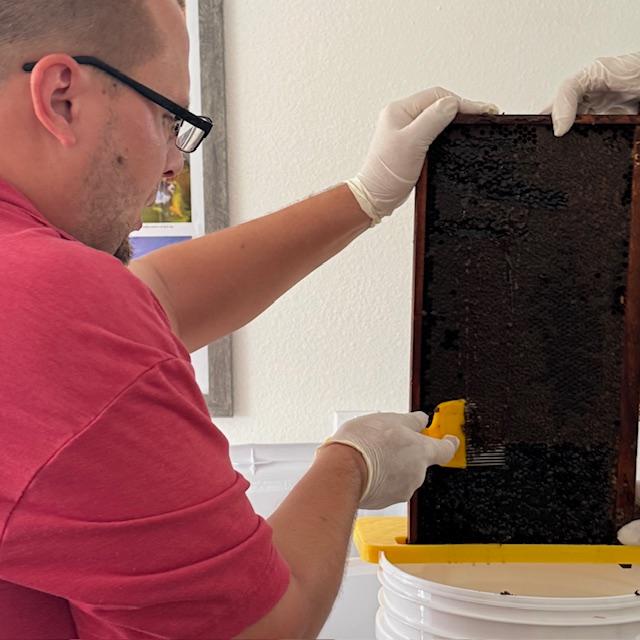 Here Matt is lifting some wax from the frame to get at the honey. It is fun. I finally got a turn at doing this. I will be using the wax myself.
Here Matt is lifting some wax from the frame to get at the honey. It is fun. I finally got a turn at doing this. I will be using the wax myself.David got an electric spinner to do the work. We also have a lot of strainers, cheesecloth, honey lifting tool, and a wax cutting knife.
Wednesday, August 13, 2025
Good morning. The woman doing weeds did not show up early this morning. In fact, it is now 9:08am and she still isn't here. Maybe she doesn't know when the sun comes up...
At 8am, David took Pamela to be groomed. For some reason, her hair grows long quickly so she needs a good shave. Her sister, Sue Ellen, does not have that quick growing hair. Trump is highly upset that Pamela is gone and he keeps barking.
I am about to pull orders. How is it so hard to find people who show up to work when they say they will?
I started pulling orders just after 9am and our first customer of the day showed up. I helped him choose some fall seeds and he left. Now it is 10:30am and guess who still has not shown up to work...She will have to show up eventually because she said to wait until today to pay her. She did nice work.
She eventually showed up at 12:25pm and left almost two hours later. David went to pick up Pamela around 1:30pm. She looks adorable all shaved and with a kerchief.
Trump was quite upset about Pamela being gone. He got to work ripping his nice dog bed and pulled a ton of stuffing out of it all over the den floor.
Matt is going to go get us a nice pizza for Gordon night. The temperature is currently 100° and the high was 102°. It is like an oven outside. It is 5:15pm and time to go in and get ready for two Gordon Ramsay shows tonight.
Thursday, August 14, 2025
Good morning. I made sourdough French toast for breakfast. It was so good.
Yesterday, David asked the weed puller to come back this morning to help unload our barn shed. Of course, she never showed. Poor Matt had to do it all.
Our barn shed is now for sale. Here is the link to see the video if you are interested.
It was a long day of pulling, filling, shipping orders, and counting seeds.
Friday, August 15, 2025
I am planning to spend the day counting and packing seeds. There are so many to be done.
A man called David last night about the barn shed so maybe we will sell it and get it out of here quickly. Meanwhile, the first one we sold is still here because the woman who bought it does not want to pay to have it removed.
The dogs were barking after 5am this morning. Turns out there is a skunk out the back door. David had let them out and then smelled the skunk. He got them back in just in time. I have not let them out since. It is finally getting light out but I don't want to let them out yet.
 The clouds are coming in above Production. Production was sold on Saturday morning. It and the two sheds behind it will be moving away shortly.
The clouds are coming in above Production. Production was sold on Saturday morning. It and the two sheds behind it will be moving away shortly.It got a bit windy this afternoon. Around 1:55pm, it started to rain! But, of course, not for long.
David just told me that he took our Amazon store down today. There have been so many new rules and ridiculousness over the past few years. Sixteen years ago when David started selling on Amazon, it was truly a seller's market. Now, the only ones making money on Amazon are the owners of Amazon. Now, we will concentrate on our website and the orders we get from there.
Last night, around 8pm, a couple came and looked at three of our buildings that are for sale. They left saying they would think about it. Then the guy texted and said he would be by tomorrow to pay. He is buying the storage shed in front that is closest to the gate.
Saturday, August 16, 2025
Good morning! At 2:51am, I was awakened by a fun episode of neuropathy in my right foot. As I was applying cream to it, the rain started. It poured and poured. When it was light, I looked out the window at the rain gauge. We got two inches!!! We have not had that much rain since last July on the day of my brother-in-law's funeral when it rained two inches before we left for Leakey.
Everything is wet and messy and beautiful! So David had me get dressed and get over to our store at 7am to turn on the cash register. Someone is coming to pay for a shed on his way to work. It is now 8am and the guy is still not here which is kind of upsetting after I went through all of that. This is a friend of the guy who was here last night. He wants the other storage shed but he may also want the bigger building.
So now we have to empty both storage sheds in the front and they are packed with things. We were using them as seed storage but then we started storing kitchen items that are too big and holiday decorations.
Anyway, we are happy that we have sold them both and they will probably get moved quickly but the one in the back is still here even though it was sold first. We have one more shed to sell--the red and brown barn one. Hopefully, this guy will buy the big building.
The Production building has now been sold. The man who bought that is interested in the barn shed but did not pay for it so it is still in play and for the immediate future, it will be the last shed we sell. We may sell more later.
Oh wow. I almost forgot! Six years ago today, we moved to this farm to live in a green shed/shack for three and a half weeks. That was a rough adjustment and it has been a process of building things up and now we are starting to tear some down. We have changed the way we do business a lot in six years.
The mailman made it shortly before the gate closed. We had five seed customers today with some decent sized orders. In between, I filled orders and counted a lot of seeds.
I just put in a Walmart grocery order and then I started the dishwasher up. Sue Ellen is napping on the couch in the living room. Trump and Pamela are napping in the den with David so I cannot start any laundry. My laundry room is on the other side of the den. Talk about bad planning.
Surprisingly, my grocery order is just 12 minutes away. I just put it in a little over 30 minutes ago. I guess the arrival will ruin everyone's nap because the dogs are going to bark. Usually, they take two to three hours at least...
The weather is miserably humid out there now. I hope we get another inch of rain tonight but the forecast doesn't say a thing about it.
Well, sure enough, the groceries arrived and they are all there. They were shopped for and brought by a man. Men are faster at shopping. Sue Ellen started barking as soon as the guy drove up. In turn, the others started and David is now wide awake and in the living room. Everything has been put away.
We are having burgers on the grill tonight. The Svengoolie movie is The Horrors of Dracula so my guess is we won't watch. We are kind of tired of Frankenstein and Dracula movies...
Sunday, August 17, 2025
Good morning. I was rudely awakened in the dark with neuropathy, my fourth attack in a week. What on earth is going on? I am still taking the supplemental capsules, chews, and applying the cream.
I had to go out early and feed and water everyone. I started with Samantha, the kitten. She is filling out quite nicely and hangs out for most of the day on the patio between the office building and the store. She was even climbing up on the store roof this week.
Then I fed the fish and they seem to be doing well.
I went out back and the chickens were hungry, carrying on to be let out into the yard. I grabbed some feed and put it out in their play yard. Then I had to wash both of their waterers. They tend to get nasty with algae so you have to clean them out often. I got them both scrubbed and filled with fresh water. They were quite happy.
Then it was time to grab some sweet feed and fresh hay and head on over to the goat pen. They all stood there, judging me with their looks, wondering why it takes so long to get to them. Ha!
I put feed in all of the dishes and then brought fresh hay in. I cleaned out their water dishes and filled them up. A cool breeze was hitting me as I stood there filling the final dish in the back part of the pen. There were a lot of brown pine needles on the ground from the storm. The goats absolutely love them as a treat so I picked up a lot of them and put them in the pen. The pine trees I picked out six years ago were planted right next to where the goat pen is and I did not even realize that goats love them until I read it in my goat book.
I came inside and cleaned up a lot. Then I made toast and poached eggs for breakfast. Now it is time to get ready for church.
This afternoon, David wants a newsletter to be sent out so I will be working on that. Of course, it will be on fall planting. It is almost time to plant that fall garden if you are in a warm climate.
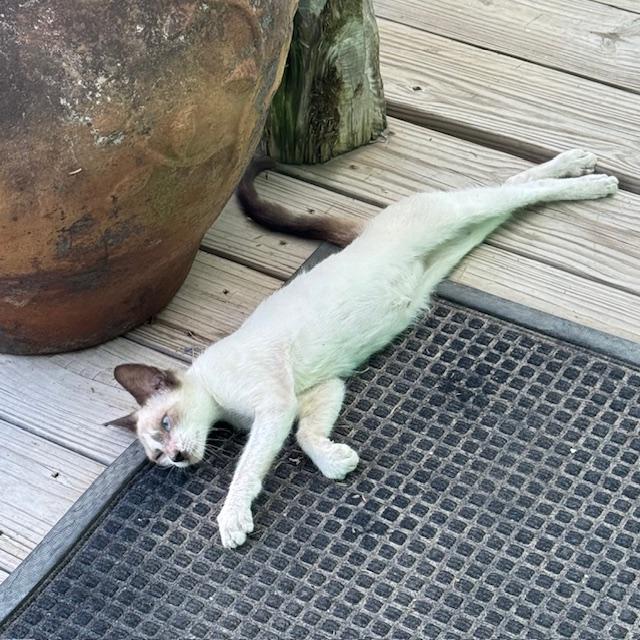 Sam is making herself at home and can't stay away from me now. She used to run as soon as she saw us. Now she nearly trips me trying to keep up with my feet when I walk.
Sam is making herself at home and can't stay away from me now. She used to run as soon as she saw us. Now she nearly trips me trying to keep up with my feet when I walk.After church, David and I went to a new to us place in Devine for lunch today called the Black Creek Cafe. It is nothing fancy but the food was pretty good. I had the cheese encrusted flounder. Not bad at all. David's chicken strips were on the dark side but he said they were moist so that is good. The place was packed. We've heard of it on Facebook but didn't even know where it was. The people we ate with were good company so it was a pleasant experience.
We came home and I started a loaf of sourdough bread. Now I have to get a newsletter out for our business.
It is currently 3pm and 100°--absolutely miserable outside. It is hard to believe that it is almost time to start planting a fall garden.
Speaking of which, David told me that we will have to take down some of the garden beds that line our driveway by the gate so that the buildings we sold will be able to cross over onto our newer property to get to the road. They will not be able to go through our gate. That should be another fun mess.
I noticed this morning that the mess made out back has lessened a bit because of Friday morning's rain. We still have to move out two sheds from back there before we can fix it all and put up a new fence to enclose the back area for the dogs. So much hassle to keep from paying ridiculous amounts of property tax.
After I got the newsletter out, I cleaned the pool and sorted out my thoughts. Then I got dressed and looked out the kitchen window right before I went out to put everyone away for the night. I saw my five month old male goat, George, trotting along the orchard, outside of his pen.
I grabbed my boots and rushed out. George was now going up another row in the orchard. I called him to come get a treat and he came. He loves the treats in the treat cup. I grabbed a horn and got him inside.
I inspected the entire fence but there were no holes. The metal siding on their nighttime shelter was off partway and bent. He somehow stood up on that and jumped over the four foot fence. We need a taller fence. I am surprised that Norton never jumped it.
Return from Repel Rodents Naturally to Our Seventh Year
Anything To Share On This Topic?
Would you like to share additional information about this topic with all of us?
Since 2009, over 2,000,000 home gardeners, all across the USA, have relied on David's Garden Seeds® to grow beautiful, productive gardens. Trust is at the heart of it. Our customers know David's Garden Seeds® stocks only the highest quality seeds available. Our mission is to become your lifetime supplier of quality seeds. It isn't just to serve you once; we want to earn your trust as the primary supplier of all of your garden seeds.
Watch Our 2022 TV Commercial!
Sing Along To Our Jingle
♪♫♪♪ ♫ ♪ ♫♪♫♫
♪♫♪♪♫♫
Peppers and peas
And lots of yummy greens
You can't go wrong
With Squash This Long
At David's Garden Seeds
♪ ♫ ♪ ♫
Our New 2024 TV Ad
Please like and subscribe on YouTube and come visit us at our Farm Store! The music on our TV ad was written, played, and sung by our son, Matthew Schulze. You can meet him when you come to the farm. He just might give you a tour. Ask him to grab a guitar and sing our jingle that he wrote.

We are David's Garden Seeds®. If you need great seeds, we've got over 1,400 varieties to choose from.
Subscribe To Mrs. David's Garden Seeds® Newsletter For FREE!
Find out what is going on down on the farm by reading our blog and by subscribing to our free newsletter for all of the information going down at David's Garden Seeds® and on the farm. I love to share helpful information with you. Please let your friends know and y'all come on down for a visit when you get the chance. We would love to meet you!
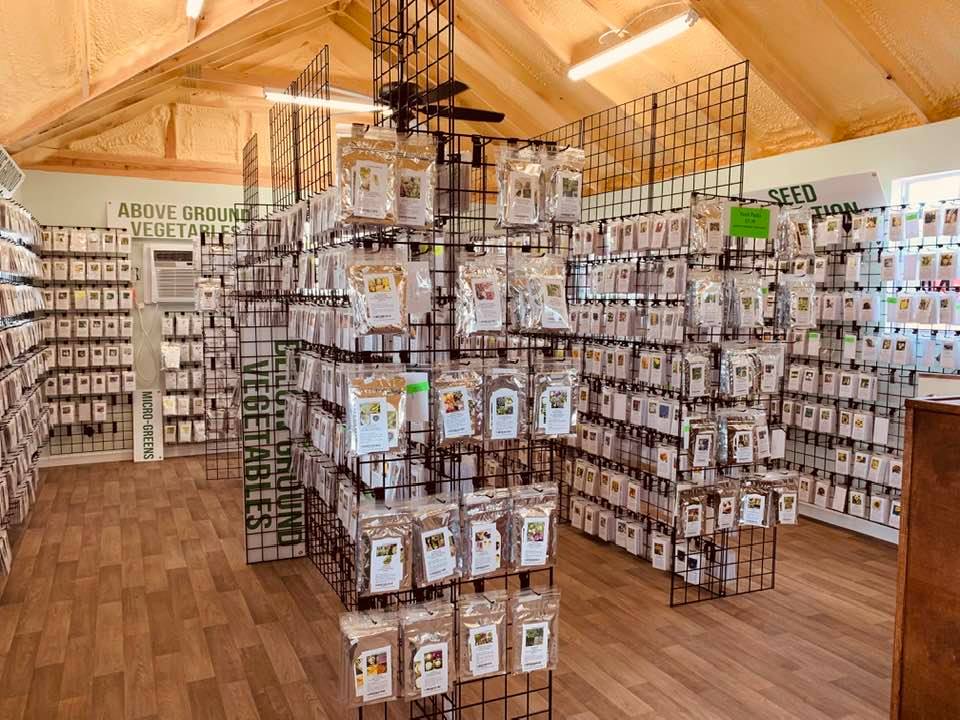
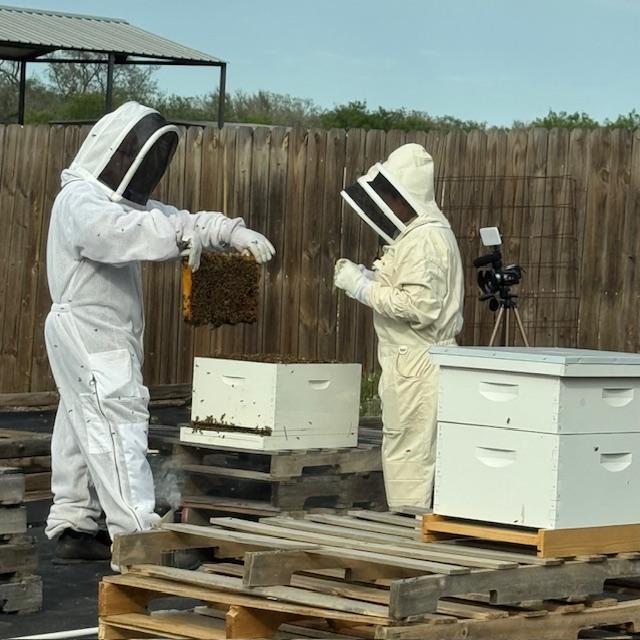 Our bee hives
Our bee hives Our fish pond
Our fish pond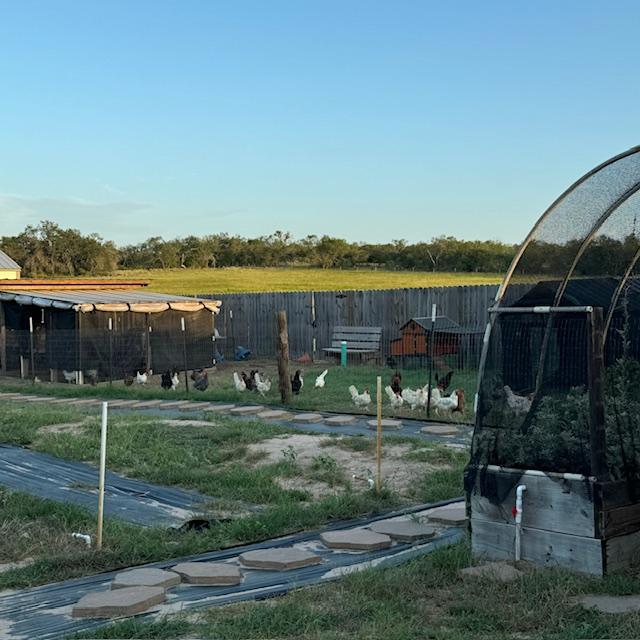 Our chickens
Our chickens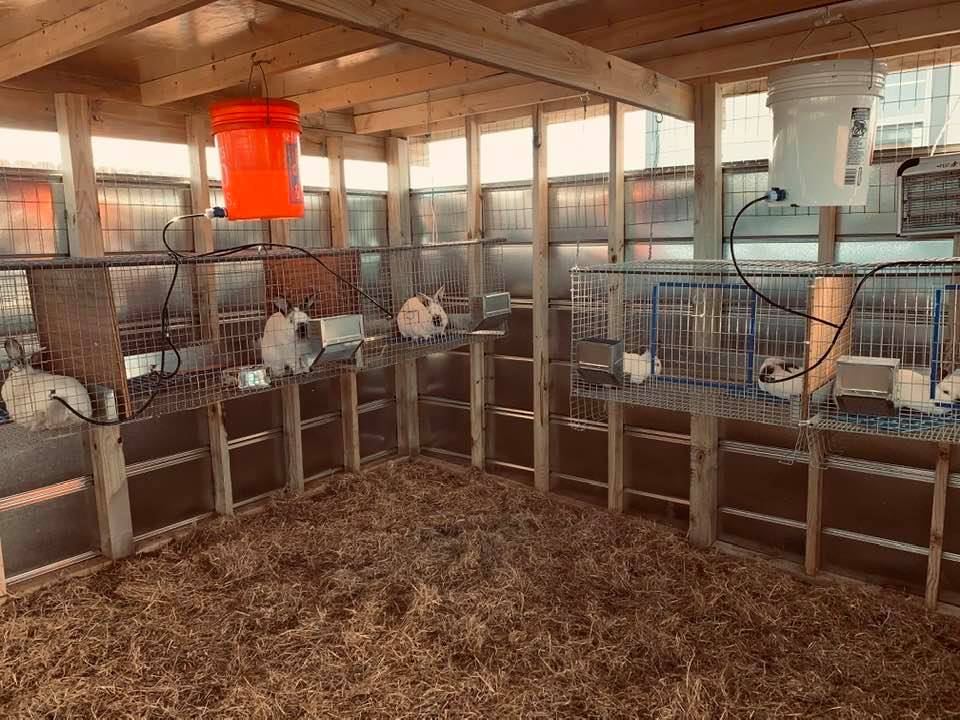 Our bunny rabbits
Our bunny rabbits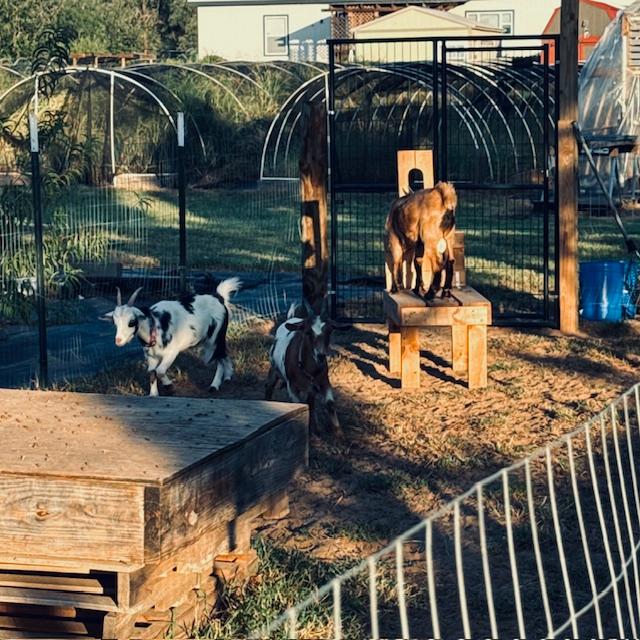 Our Nigerian Dwarf goats
Our Nigerian Dwarf goats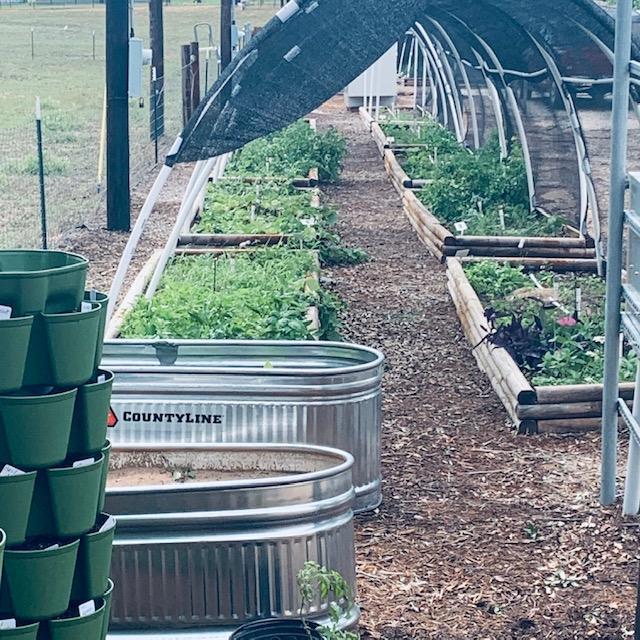 A few of our raised garden beds
A few of our raised garden beds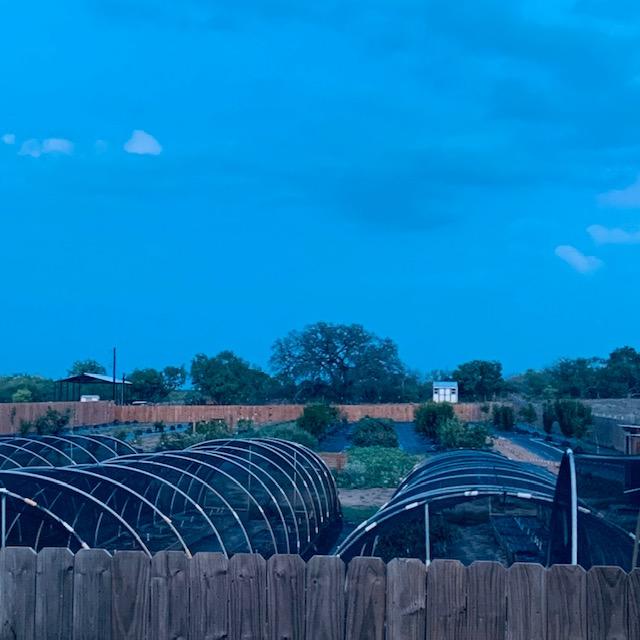 Our orchard and hoop houses
Our orchard and hoop houses Inside our high tunnel
Inside our high tunnel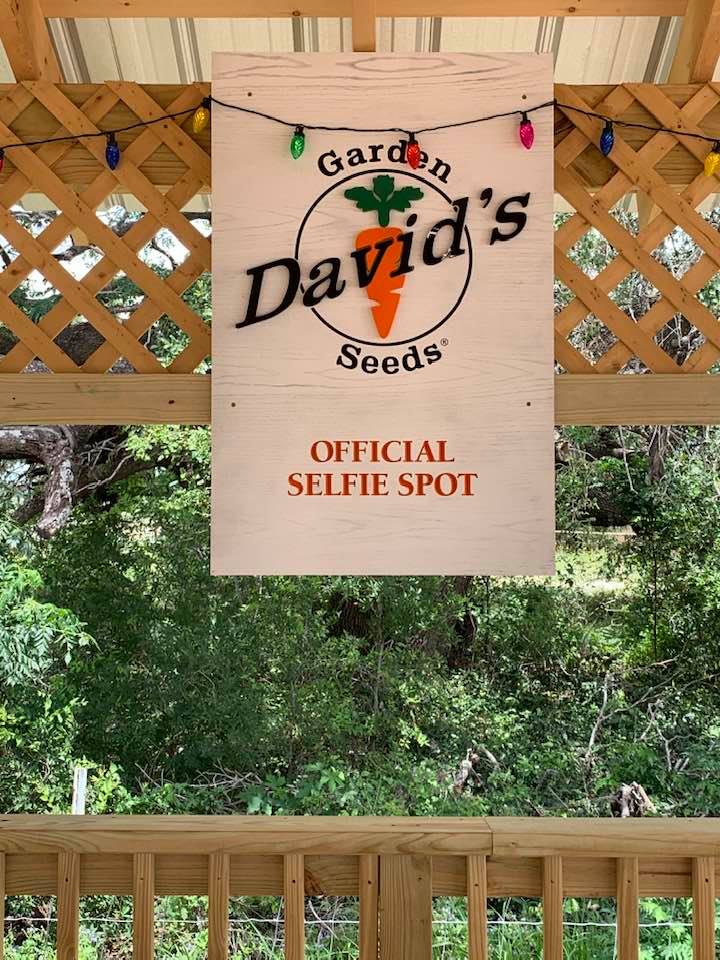 Take a selfie at our official selfie spot!
Take a selfie at our official selfie spot! Flowers, bees, and butterflies are everywhere!
Flowers, bees, and butterflies are everywhere!